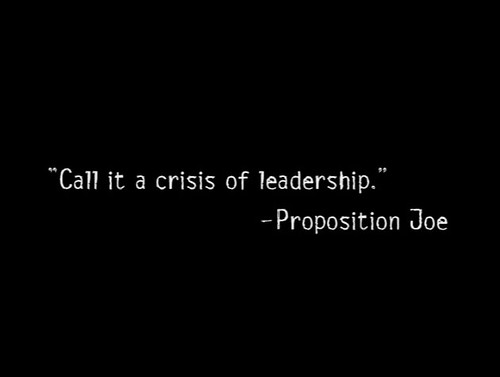On the day ahead it's ISM manufacturing data, construction spending and a Powell speech. The highlights of the week will likely be on the labor front with the JOLTS report Tuesday and Jobs report Friday. There is also plenty of Fedspeak.
In full disclosure, this author is not an Orioles fan, but any team that goes from 100 losses to 100 wins in a two year span deserves some credit. In honor of the Orioles making the playoffs for the first time since 2016 and because their now injured closer had one of the best walkouts in all of baseball this year, for the month of October I'll be starting each post with an epigraph (see quote at top of post) from the HBO series The Wire. There are plenty of business and leadership lessons one can learn from the series.
Speaking of business and leadership, the CNBC appearance by Barry Sternlicht of Starwood Capital Group on Friday is worth a listen. Barry hits on the tug-of-war between Congressional spending and the Fed's inflation fight, discussing the "deficit out of control". Maybe Barry believes in the Hamilton Norm? And the risk of fiscal dominance: "he's going to have to [go back to QE]". If its true that our fiscal largesse is a problem (shh...don't tell Stephanie Kelton), many think it's inevitable that Powell will be forced to lower rates. But maybe Powell will heed my favorite advice to central banker's courtesy of Peter Stella: “I define central bank independence in one sentence, it's the ability to raise interest rates when the Treasury doesn't want you to. And the Treasury almost never wants you to, because of the cost of the debt.” which might force political leaders to find other solutions.
Economist Brad DeLong had a good substack post discussing both the PCE read as well as the recent expert commentary on the risk of continued rising yields. He concludes his post as follows: "if either BlackRock or JPMC actually thought that 10-Year Treasuries were going to 7% with any confidence, they would have and would have told customers and clients to take positions and the 10-Year Treasury would already be at 7%. It isn’t. There may well be more inflationary shocks in our future. But it really looks like the shocks in our past—the reopening-bottleneck shock, the fiscal insurance against a return to secular stagnation shock, and the Putin attack on Ukraine shock—are now in our past. And, right now, the ocean looks remarkably calm again."
XTOD: If someone asks you to define "chutzpah," you no longer need to say "like when a guy who killed his parents asks for clemency because he's an orphan."
XTOD: We talk and write a lot about all the bad ways the pandemic hit the economy. We should talk more abt the surge in entrepreneurship it unleashed — reversing a decades-long decline. It’s not a mirage.
XTOD: important point here: these systems are much better at doing tasks than jobs. and giving people better tools to do their work faster often leads to qualitative changes in what they can do. (of course, over the long run, we expect these systems will be able to do all of some of today's jobs and aren't trying to hide the ball on that. confident we will find new and much better jobs when that happens!)
XTOD: Duane “Keffe D” Davis, the man who admitted to being in the car used to gun down Tupac Shakur in 1996, was arrested and indicted Friday in Las Vegas for the murder of the legendary rapper, according to multiple sources.
https://x.com/Forbes/status/1707873766368305344?s=20

No comments:
Post a Comment